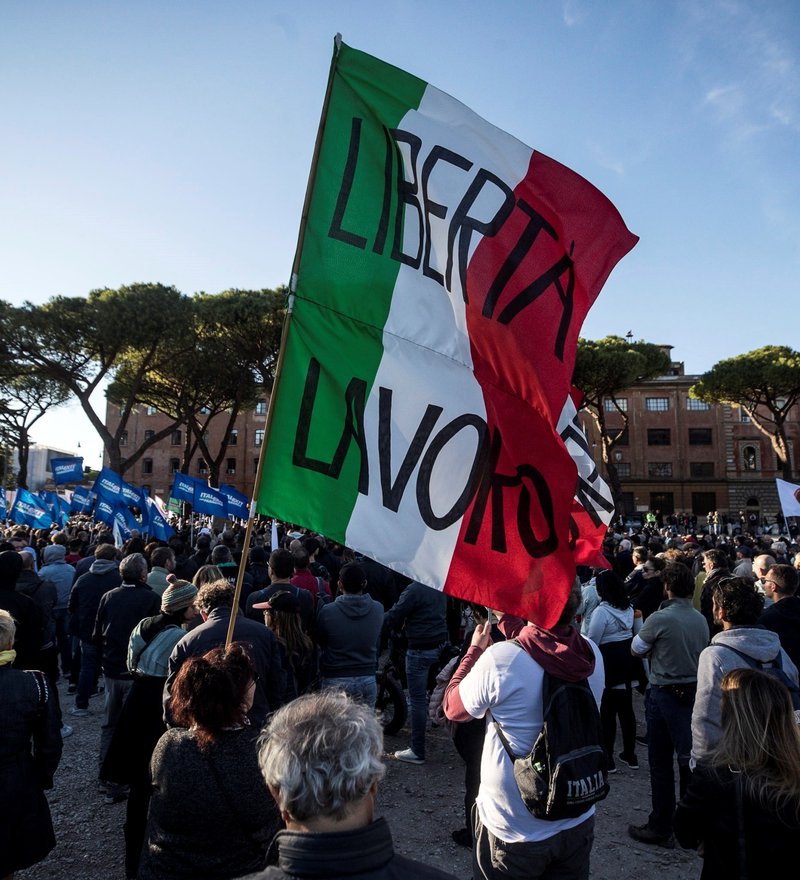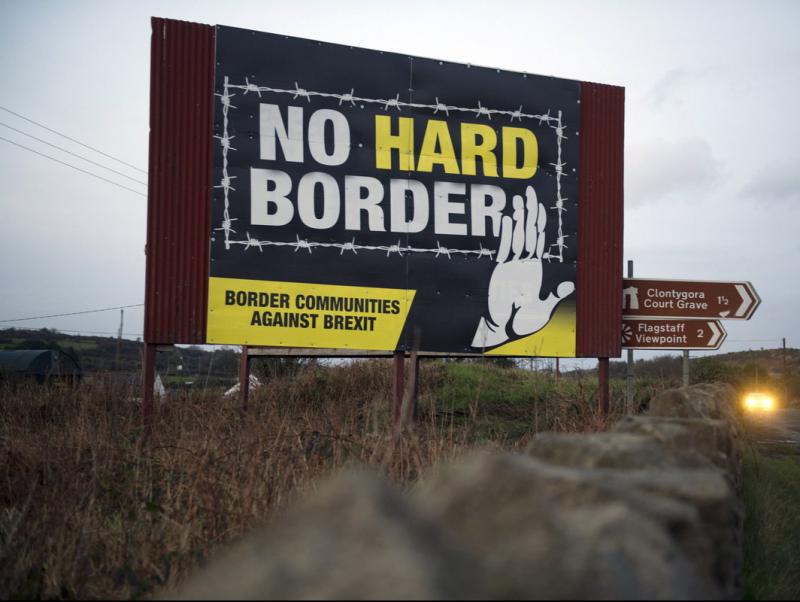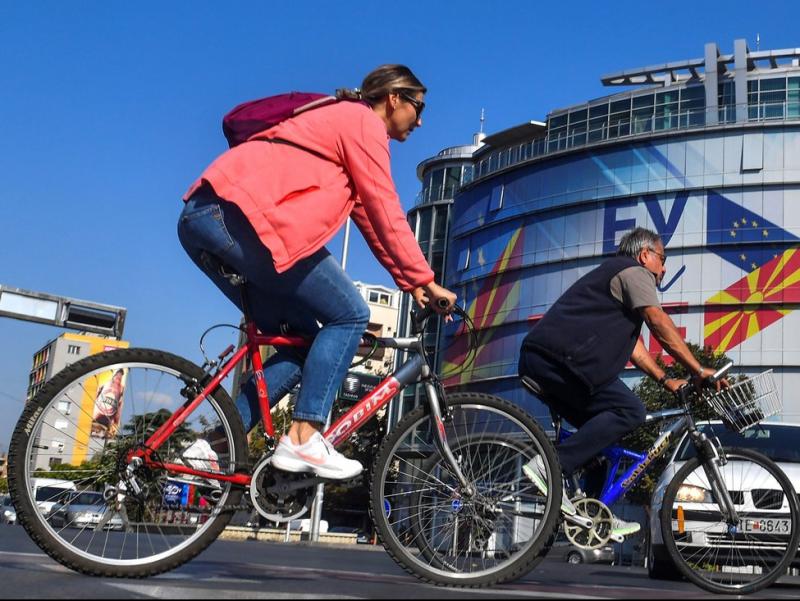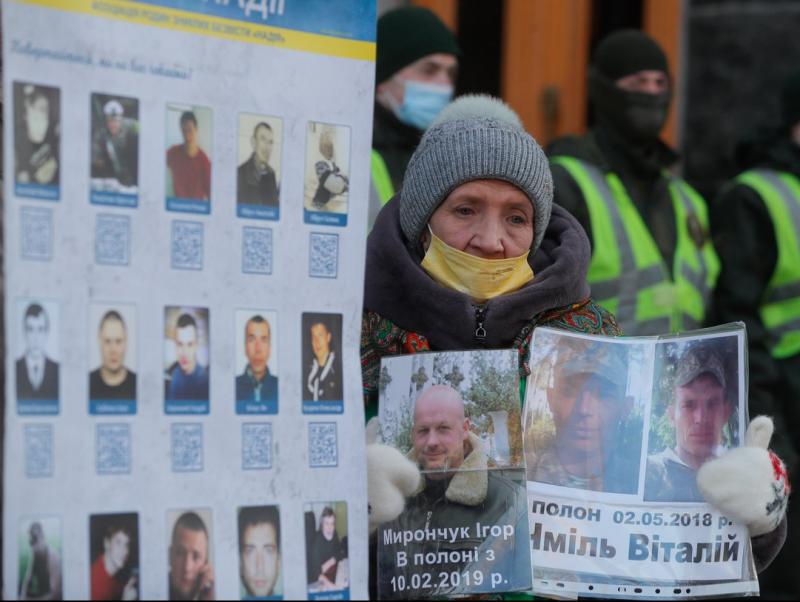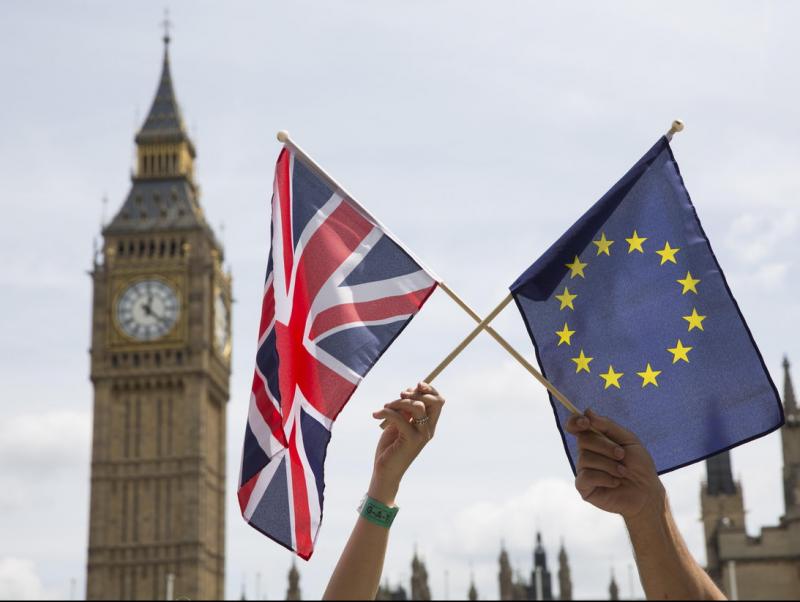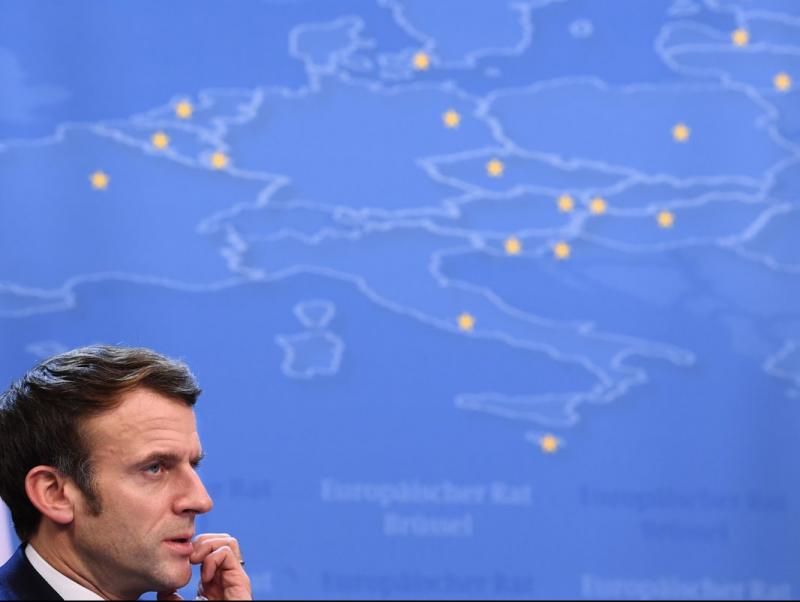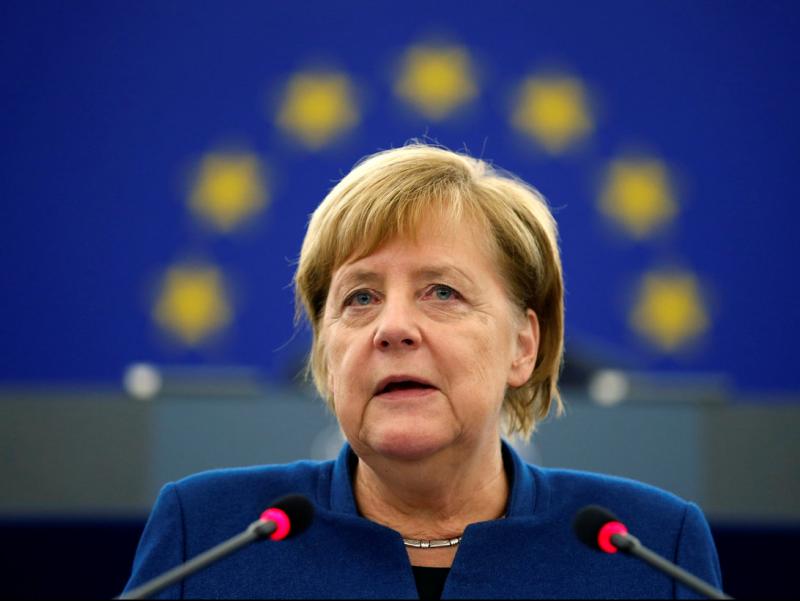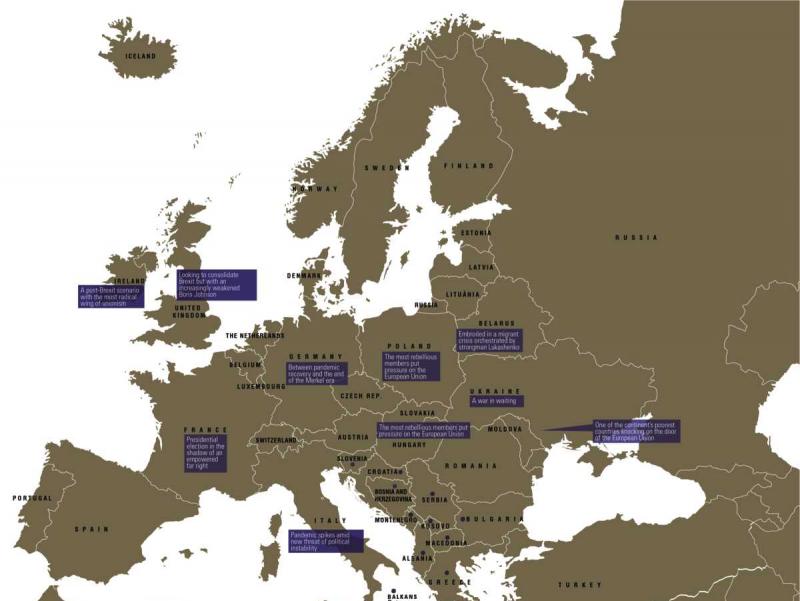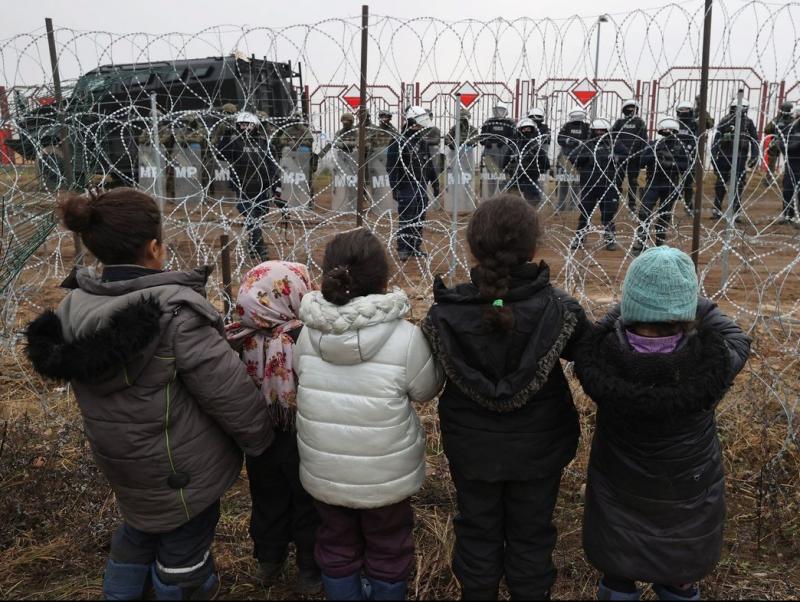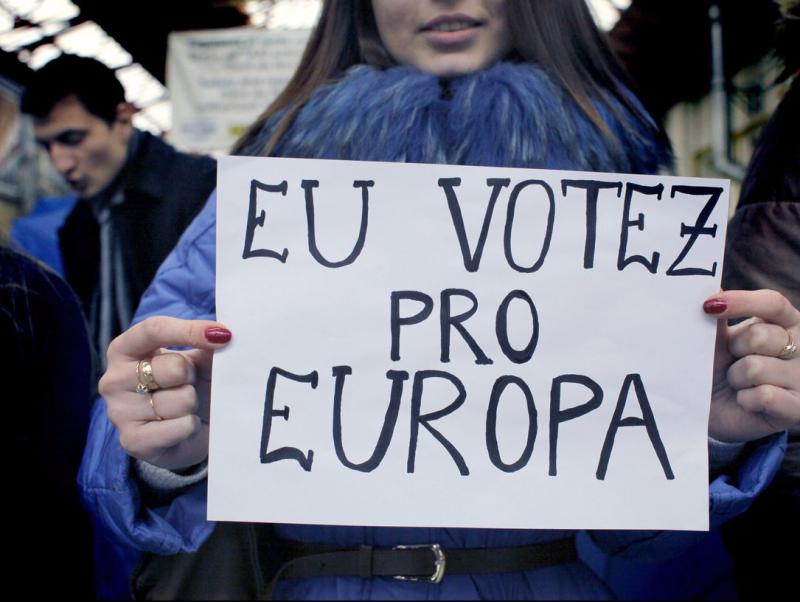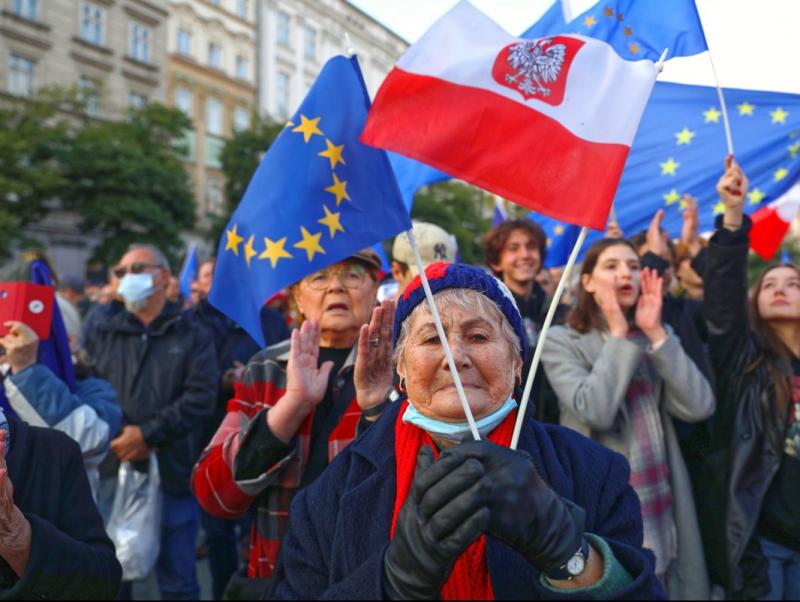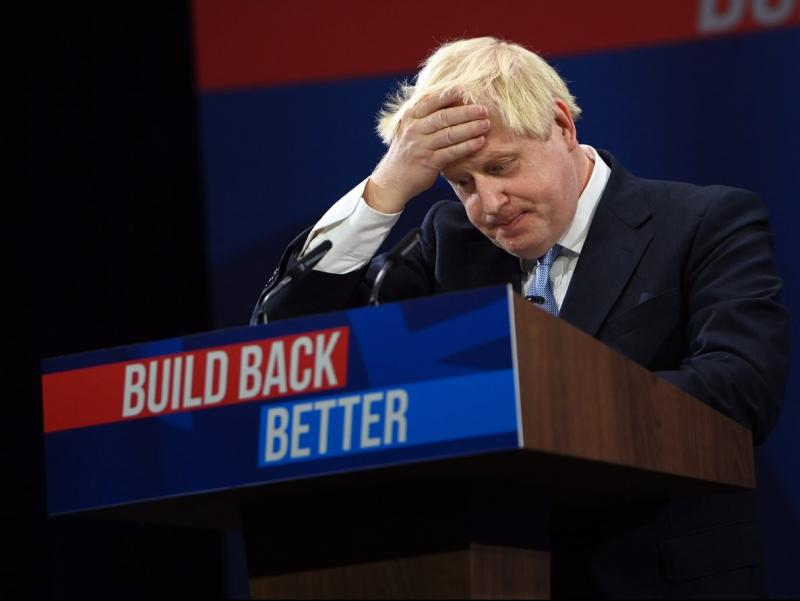Pandemic spikes amid new threat of political instability
Italy is one of the countries that has been most punished by Covid in Europe, while instability returns to the forefront in politics
Italy was the first European state to be hit by Covid, and remains one of the countries most affected by the pandemic today. After two years of living with coronavirus, Italy’s priority for 2022 is to invest the 220 billion euros of EU recovery funds. As coronavirus infections spiked in Italy at the end of last year, the government laid siege to the unvaccinated, making it mandatory for people over 50 to be vaccinated. In addition, a Covid passport is required to use public transport (in Venice, for example, the unvaccinated cannot travel by vaporetto – an essential means of public transport to get around the city – use hotels, or attend ceremonies and festivals. At the same time, the Italian government is making efforts to vaccinate most of the population, which, as in many parts of Europe, has resulted in anti-vaccine demonstrations.
At the same time, the country begins 2022 facing political uncertainty, as voting to appoint a new president of the Republic will go on into February. For the past seven years, the position has been held by Sicilian Sergio Mattarella, an 80-year-old politician who has already announced his intention to step down. A man of consensus, Mattarella has raised the bar during his tenure, as can be seen by the five-minute ovation he received at La Scala in Milan in one of his last appearances as President of the Republic. Vying to take his place is the favourite for the post, current prime minister Mario Draghi. This eventuality would cause an earthquake for Italian politics and the unity government led by Draghi. Yet there are a number of other names in the hat, not least former prime minister Silvio Berlusconi, who has stayed away from frontline politics for the past few years but who does not hide the fact that he is very keen to become president even at the age of 85.
The voting to appoint a new head of state could go on beyond the February 3 deadline. Some 1,009 voters are involved, including MPs, senators and regional representatives, with the need for two-thirds of the assembly to reach a quorum in the first three ballots. From the fourth round on, an absolute majority is enough. Without any official candidates, who will eventually become Italy’s next president will depend on what MPs and senators decide. Apart from Draghi and Berlusconi – the names grabbing the headlines – also in with a shout are the current justice minister Marta Cartabia, former prime minister Romano Giuliano Amato, and former foreign minister Franco Frattini.
Another challenge facing Italy is the migration crisis. In 2021, more than 65,000 migrants arrived in the country via the central Mediterranean, compared to 35,000 the previous year. Italy hopes that 2022 will be the year that the management of migration in the European Union is genuinely reformed, not only by distributing the responsibility for receiving migrants among all member states, but also in terms of policies that make it easier for economic migrants with jobs or allowing agreements for voluntary repatriation with countries of origin.

